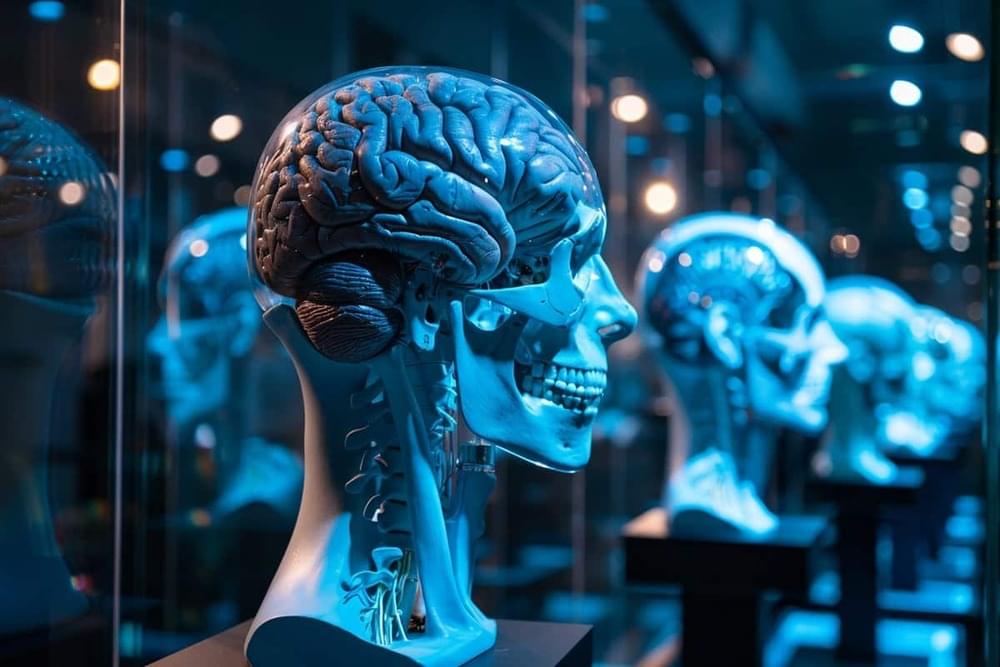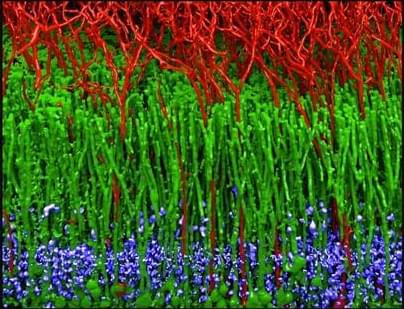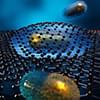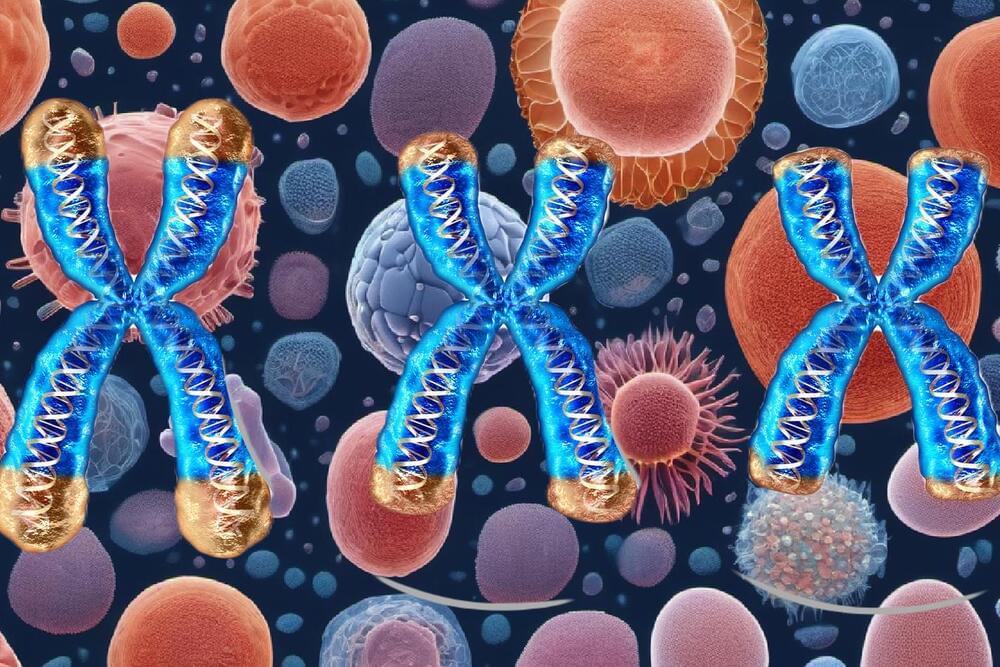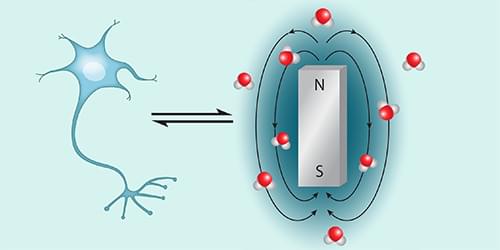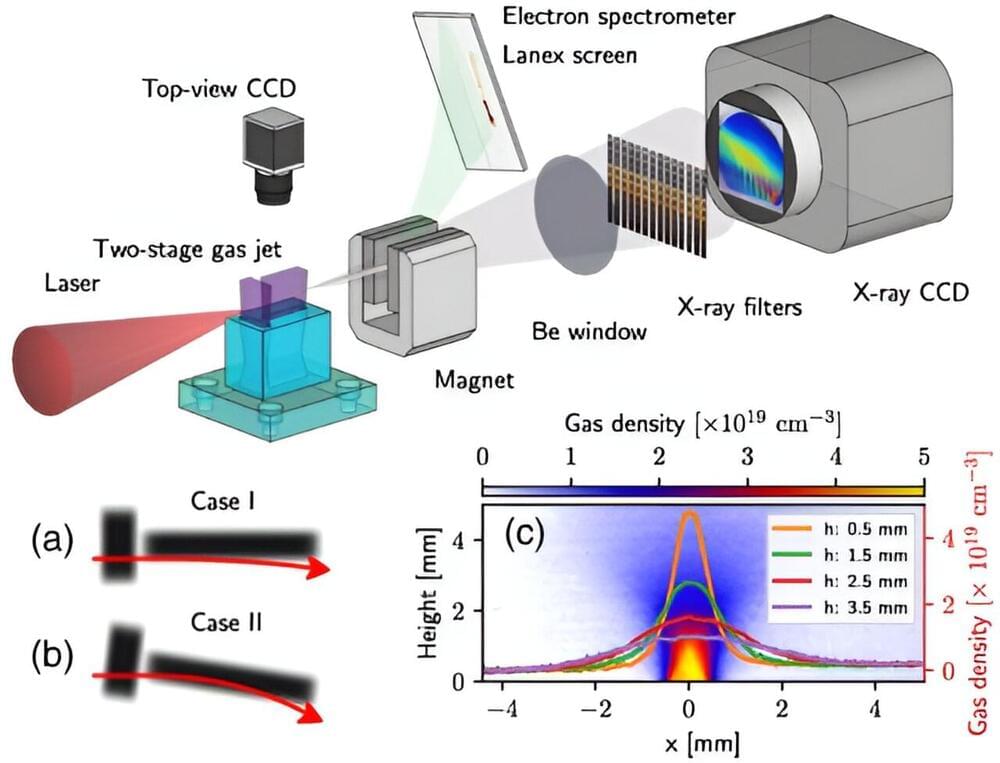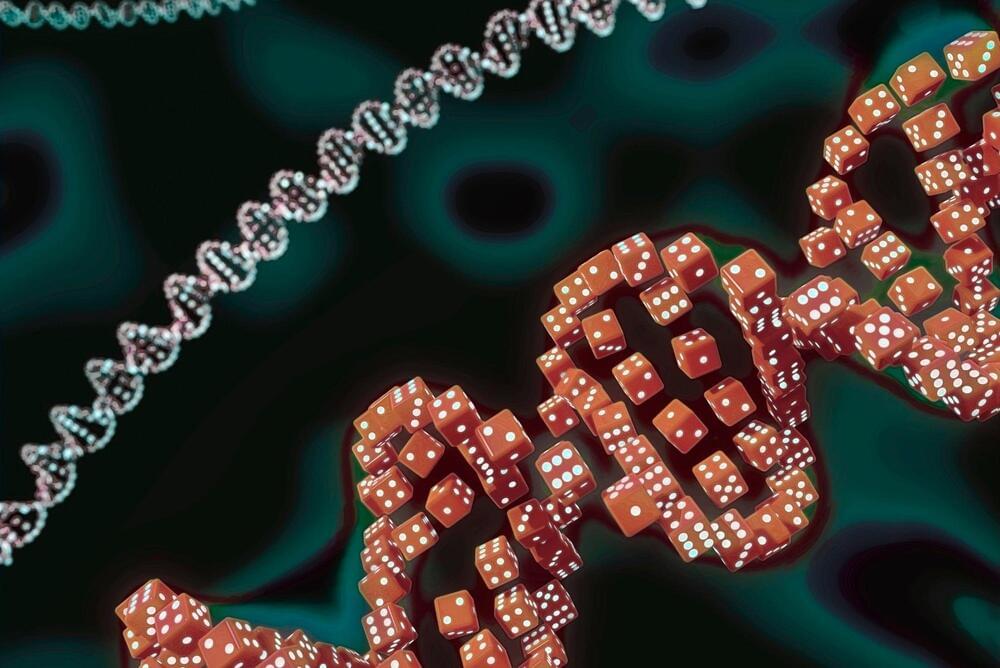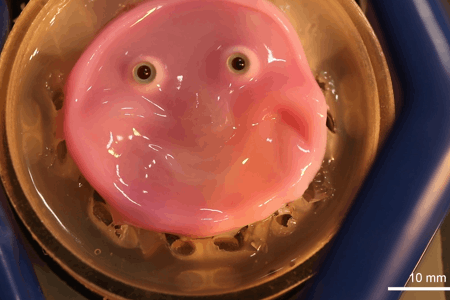Summary: Researchers made a significant discovery in the study of human brain evolution, identifying epiregulin as a key factor in the expansion of the human neocortex. By comparing brain development between mice and humans and utilizing 3D brain organoids, the team found that epiregulin promotes the division and expansion of stem cells, crucial for neocortex development.
This study, which utilized cutting-edge 3D culture technology, suggests that the quantity of epiregulin, rather than its presence or absence, distinguishes human brain development from that of other species, including primates like gorillas. The research offers new insights into what makes the human brain unique and underscores the value of innovative methodologies in understanding complex evolutionary processes.
